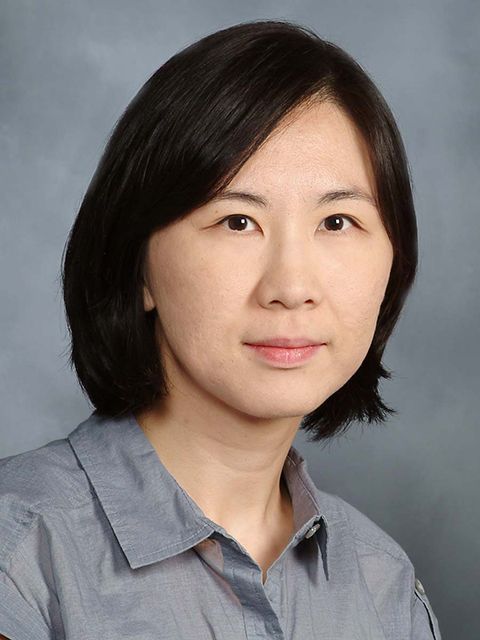
Research
Our research centers on two highly cancer-relevant mechanisms: extracellular signal regulated gene expression by FOXO family transcription factors (TF) and alternative lengthening of telomere mechanisms.
Oncogenic events occur in the context of cellular identity that is established and sustained by lineage-specific transcriptional programs. FOXO TFs play evolutionarily conserved roles in a wide range of biological processes, from differentiation, metabolism, and stress resistance to tumorigenesis. Using genetically engineered mouse models, we previously demonstrated that genetic deletion of FOXO could cooperate with other oncogenic alterations to promote tumorigenesis in the mesodermal lineages, but emerging evidence suggests that FOXO could also act as a lineage-specific oncogene. Through genetic screens, we identified FOXO1 as a major molecular vulnerability in B-cell malignancies. We are investigating the molecular mechanisms by which FOXO1 drives B-cell lymphoma survival and therapeutic resistance.
Maintaining functional telomeres is critical for both aging and cancer. 5%-10% of cancers adopt a recombination-based alternative lengthening of telomeres (ALT) to extend their telomeres to achieve immortality. How the ALT-directed mechanism is activated and regulated in cancer cells remains poorly understood. We demonstrated that loss of the histone H3.3 chaperone ATRX or DAXX induces progressive telomere chromatin de-condensation that triggers telomere replication stress. This necessitates the activation of the ALT-directed telomere maintenance mechanism to overcome the telomere replication dysfunction and eventually achieve immortalization. We are identifying those molecular vulnerabilities to accelerate the future development of mechanistic-based therapeutics against ALT-dependent cancers.
Current Projects:
- Molecular vulnerabilities of ALT tumors
- FOXO1-dependent mechanisms of lymphoma progression
- Mechanisms of FOXO-dependent mammalian aging
Bio
Dr. Paik is an associate professor of Pathology and Laboratory Medicine at Weill Cornell Medicine. Prior to joining Weill Cornell Medicine, Dr. Paik was an Instructor in Medicine at Harvard Medical School and received her postdoctoral training in Cancer Genetics at the Dana Farber Cancer Institute. Dr. Paik received her Ph.D. in Biomedical Sciences from the University of Connecticut Health Center and graduated from Seoul National University with a B.S. degree in Pharmacy. She has contributed to over 70 peer-reviewed papers.
Distinctions:
- The Irma T. Hirschl Career Scientist Award
- The Sidney Kimmel Scholar Award
- Ellison Medical Foundation New Scholar Award
- Claudia Adams Barr award for Innovative Basic Cancer Research
- KOSEF Research Excellence Award,
- Damon Runyon Cancer Research foundation Postdoctoral Fellowship
- American Association for Cancer Research Scholar-in training Award
